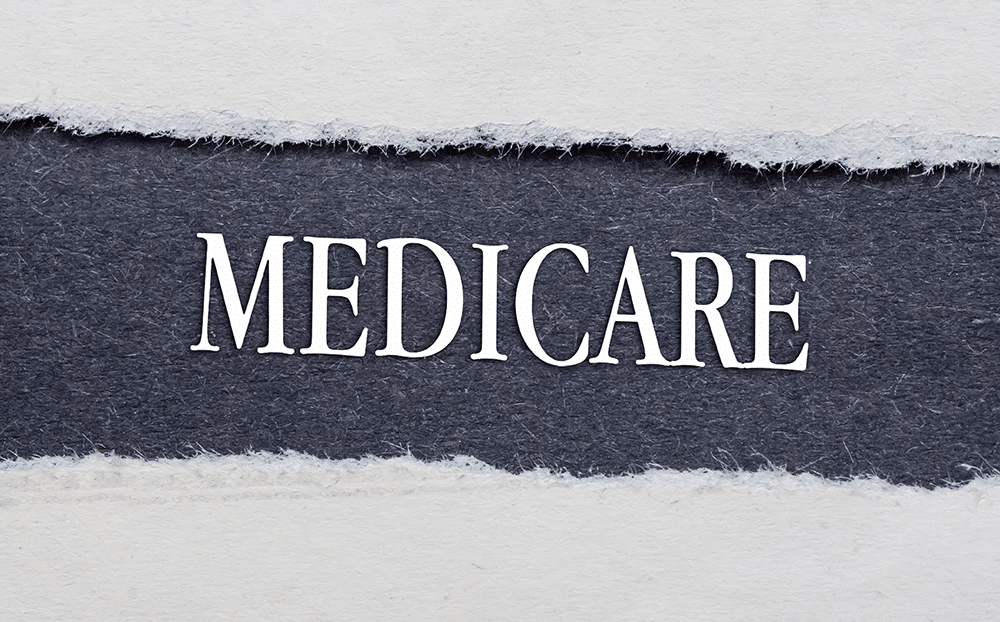When a new Medicare beneficiary becomes eligible for enrollment, there are two general options for coverage, Traditional Medicare or Medicare Advantage. While Medicare Advantage is gaining in popularity, the majority of seniors still elect Traditional Medicare because it gives them the freedom to choose their providers and manage their own care. However, with the creation of the pilot Medicare Direct Contracting program (DC), some seniors may unknowingly have their care managed by for-profit companies anyway.
Created by the Center for Medicare and Medicaid Services late in the Trump administration, the Medicare DC program allows private insurance companies and other for-profit entities to act as a middleman between Medicare and the beneficiary, managing care for seniors who are enrolled in Traditional Medicare. In this model, Medicare pays the Direct Contracting Entity (DCE) a set monthly amount to cover a portion of each enrollee’s medical expenses, and any overpayment made by Medicare is kept by the DCE for profit. Some worry that this would create a financial incentive to limit seniors’ care.
If any Medicare recipient’s primary care physicians within the last two years were affiliated with a DCE, they could be automatically enrolled into this program. Not only is enrollment taking place without the patient’s consent, but their claims history needed for enrollment is accessed without their consent as well. Additionally concerning, the Center for Medicare and Medicaid Services is able to approve and sign contracts with for-profit entities with no prior health care experience, including commercial insurers and venture capital investors.
After much negative feedback and concerns that this seeming privatization of Medicare would increase health disparities and lead to poorer health outcomes for seniors, the Biden administration has announced the program’s redesign. Current participants in DC will transition into the new model called Accountable Care Organization Realizing Equity, Access, and Community Health (ACO REACH) beginning next year. This new model plans to require participants to promote health equity in underserved areas, more strictly ensure that DCEs comply with beneficiary protections, screen DCE applicants more harshly, and more actively monitor participants. However, under the new model, privacy concerns and the incentive to limit care for profit still exist.
While the plans to overhaul this program are still vague, many advocacy groups continue to voice concerns that as long as a profit motive exists, seniors’ care will suffer, and protections allowed under Traditional Medicare will continue to disappear. ACO REACH is currently scheduled to test-run through 2026.
When making health insurance decisions, it is important to consult with an expert that you trust, whether that is your elder law attorney’s office, health insurance broker, or SHIP counselor.


